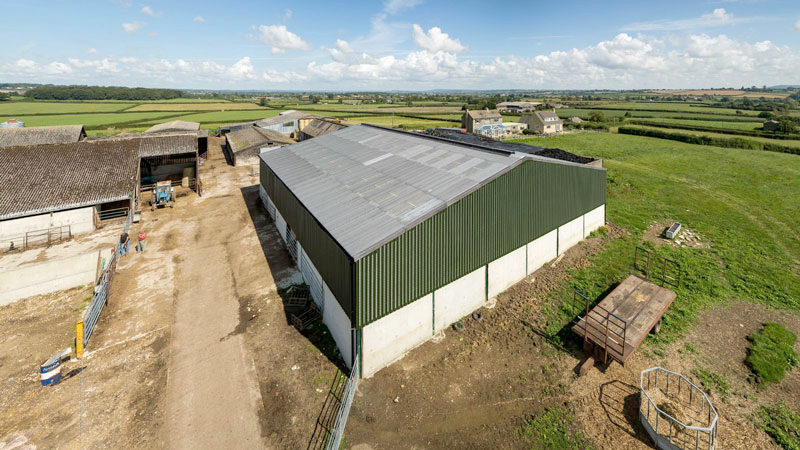
The Health and Safety Executive (HSE) has announced new rules on the purchase and use of professional rodenticide bait which will come into force next year.
Following an EU directive in 2011, the HSE is required to put into place a scheme to reduce the risk from rodenticide use in the wider environment.
The options announced today will be an interim measure until at least December 31 2017 as a result of successful lobbying by the UK farming unions during the discussions on the new UK Rodenticide Stewardship Regime with HSE and the Campaign for Responsible Rodenticide Use (CRRU). The farming unions said this would be vital in allowing farmers the time and flexibility to undertake this training.
There are estimated to be in excess of 90,000 agricultural users of rodenticides across the UK who would need to have been trained and certified by the June 1 2016 if they had wanted to continue to buy and use professional rodenticide bait on their premises. However, in these discussions, the farming unions successfully argued this would be hugely impractical. It also underlined the fact that food quality, human and animal health, farm business profitability would all be at risk if essential rodent control were under threat.
NFU Vice President Guy Smith said: “Farmers take their responsibilities with the use of rodent control products very seriously but the NFU is acutely aware that compulsory and time-consuming training can be impractical to fit in alongside the everyday running of the farm.
“It is essential for many farmers to have access to these products for farm biosecurity and for this reason we have lobbied hard on behalf of our members to secure the necessary additional time and flexibility to reduce this burden.
“Even with this extra time and flexibility it is still important that farmers take practical steps to consider the options that are now available to them to avoid a last minute rush in December 2017.”
In Scotland, both the QMS and SQC schemes meet this requirement – meaning that their combined membership of 13,426 will not be immediately burdened by new red tape. Similarly, members of all the Red Tractor assurance schemes – including the dairy, fresh produce, and poultry schemes active in Scotland – will also be covered until the end of 2017.
NFU Scotland has been working closely with the Campaign for Responsible Rodenticide Use (CRRU), which is charged with administering the new arrangements. CRRU has begun discussions with the farm assurance scheme about if and how they might continue to play a role beyond 2017. The HSE and CRRU have agreed that farm assurance membership may continue to be sufficient after that time if the standards of such schemes are equivalent with CRRU’s own Code of Best Practice. The final decision about any changes to farm assurance will remain with the schemes themselves.
The HSE-led government panel overseeing the scheme will be monitoring the impact of the new arrangements, in the expectation that they will reduce non-target species exposure to rodenticides via changes to user practice – most notably through removing bait once it is evidence that rodent pests have been controlled. The HSE has made it clear that significant reductions in non-target species exposure to rodenticide bait will be essential to ensure future farmer access to rodenticide baits without tighter restrictions.
NFU Scotland’s Deputy Director of Policy, Andrew Bauer commented: “The HSE has laid down a very clear challenge to farming to reduce the amount of non-target species being exposed to rodenticides. This is a challenge NFU Scotland is confident that farmers will rise to meet.
“It is essential that rats and mice – a risk to health, livelihoods and food quality – continued to be controlled on farms. NFU Scotland and the other UK farming unions worked tirelessly to ensure this message was heard, and we were relieved when it became clear our warnings were being taken seriously.
“Farm assured status in Scotland means an annual inspection to a defined standard. We believe that offering this route until at least 2018 means that the industry will have time to raise its game without jeopardising the high standards of our produce and welfare of our farmers.”
